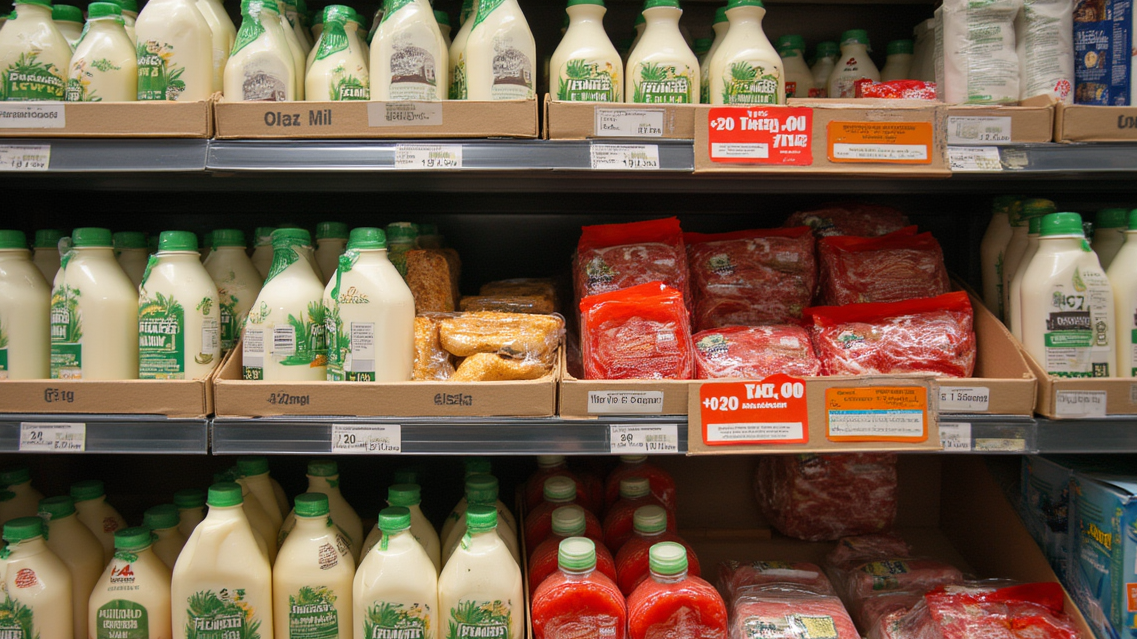Stockholm’s MatHem supermarket now slashes prices based on a product’s emissions—think oat milk at 20% off for its low footprint, while beef carries a “climate tax.” Shoppers earn “CO2 credits” for eco-friendly choices, redeemable for future purchases. It’s either genius behavioral science… or the pinnacle of climate-performance capitalism.
Sweden’s climate-conscious supermarkets are transforming nutrition labels with a bold new system: traffic-light tags that grade products red (high emissions), yellow (medium), or green (climate-friendly). But the real wake-up call comes at checkout—receipts now display your cart’s total carbon footprint in jarring equivalents like *”Your dinner = a 15km car ride.”* The system isn’t perfect, though. Even vegan staples like avocados get slapped with “air freight fees” when imported, creating what shoppers call the “avocado exception.” While the CEO defends the approach as “making invisible consequences visible,” skeptics dismiss it as “eco-shaming with a loyalty card”—a clever but potentially manipulative way to monetize climate anxiety.
Early results from Sweden’s carbon-labeling experiment reveal fascinating consumer behavior shifts—with some unintended consequences. While the system successfully motivated 37% of shoppers to switch to plant-based options, it also triggered “supermarket-induced climate panic” in 12% of customers overwhelmed by constant emissions calculations. Perhaps most ironically, the program has spawned a new phenomenon: shoppers using their carbon savings to justify indulgent “cheat days,” with many reasoning, “I saved the planet by choosing lentils all week—now I deserve this chocolate bar!” This psychological pendulum swing—from eco-guilt to self-reward—suggests that even the most well-intentioned climate interventions can lead to surprisingly human rationalizations.
As a editor observing Sweden’s carbon-labeling experiment, I find myself deeply conflicted. On one hand, this system finally forces us to confront the true environmental cost of our food choices—a long-overdue reckoning . Yet the harsh reality remains that discounted lentils alone can’t dismantle the destructive systems of industrial agriculture . The greatest irony lies in the framework itself—we’re still operating within a consumerist paradigm, merely swapping one form of consumption for a slightly greener alternative . This initiative shines light on important issues, but risks becoming another form of privileged puritanism unless paired with systemic changes to our food production models.





